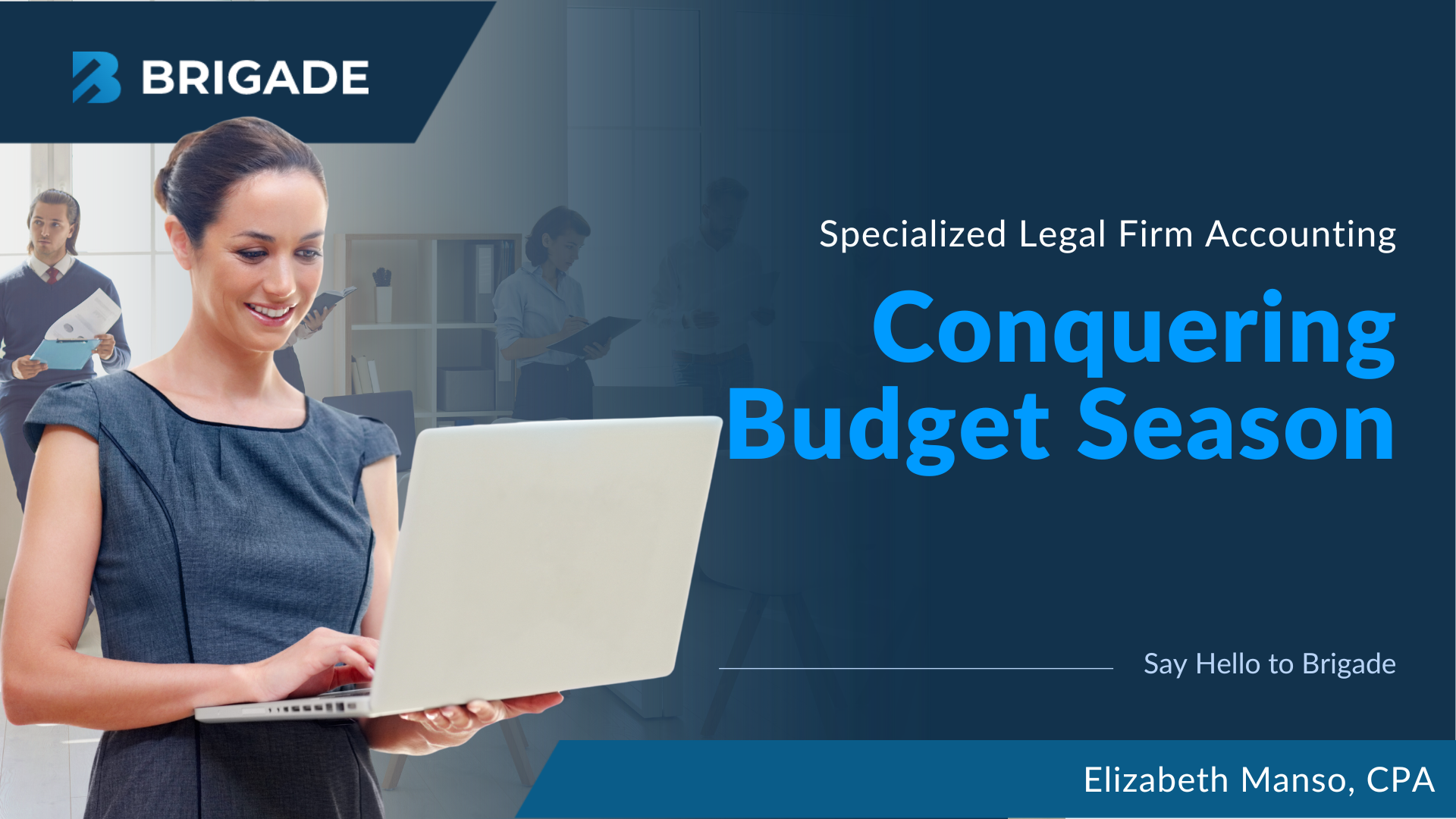This may sound nerdy, but when anyone asks me what my favorite reading material is, I often answer, a balance sheet. I LOVE balance sheets, because they are filled with so many numbers and show just how a company is performing financially on an exact date. The balance sheet gives business owners or investors a picture of exactly what a company owns and owes. I also love balance sheets because my team and I at Brigade Bookkeeping create them for our clients. But many times, people ask us how to read them. Here are some quick tips for reading a balance sheet:

- KNOW YOUR ASSETS – Every business has assets. They include things like office furniture, computers, company vehicles, buildings or land, cash, checks and the products you sell, also known as inventory. Customers who owe you money or accounts receivable are also considered assets.
- KNOW YOUR LIABILITIES – Debts or financial obligations you owe to anyone, including banks, vendors or suppliers, are considered liabilities. Credit card balances and loans fall into this category too. Also, payroll liabilities should be listed here…quick reminder: make sure your bookkeeper or accountant is submitting your payroll taxes timely!
- KNOW YOUR EQUITY AS OWNER – Owner equity is always listed on a balance sheet. Owner’s equity or your company’s net worth is the part of your business assets that you own outright. If you’re a shareholder of a company, enter this figure on your balance sheet. You need this figure to calculate the financial health of your company.
- BALANCE SHEET EQUATION – Now that you know the different sections of a balance sheet, you have to make sure the sections balance. The accounting formula is Assets = Liabilities + Equity.
If you’re a business owner, knowing how to read a balance sheet is essential to running a financially sound business. Your bookkeeper or accountant should be providing regular balance sheets, along with company profit and loss statements and cash flow statements. If the company handling your books or your in-house bookkeeper isn’t doing this, e-mail me (or one of my team members) and we will do it for you. I don’t care if it’s nerdy, but a balance sheet will always top the list of my favorite reading material.
Happy Calculating and Reading everyone!

